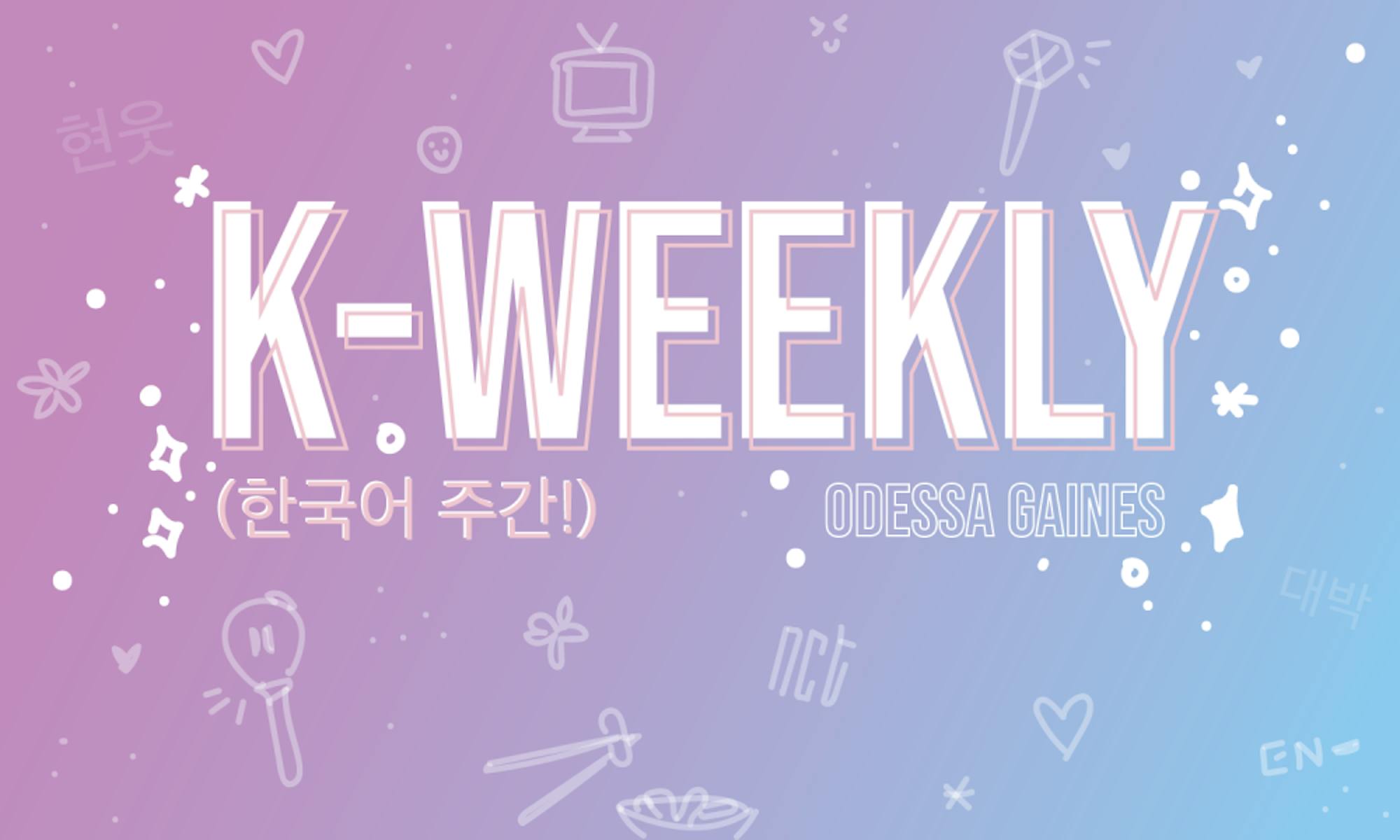Without fail, one of the first questions I always get asked when I tell people I love BTS or that I write this column is, “How long have you listened to K-pop?” Most people are shocked when I tell them the truth — I grew up listening to K-pop because my mother listens to it, but I really started getting into the fandom nature in 2015 when BTS dropped their single “Dope.” Since then, I’ve been an avid listener and fan.
The problem was, in 2015 most people made fun of you for liking K-pop, especially middle school boys. So it was more of a recent development for me to start being open about the music I love. The honest truth is, there is no shame in liking K-pop.
Around 2017, when BTS was first gaining popularity in the mainstream U.S. music world, I would tell some of my classmates that it was my favorite band. This allowed me to find other people who loved the group’s music, but also led me to face unnecessary comments from my classmates about how it wasn’t ‘real music’ and how all Korean idols were basically “manufactured.” My personal interest was crushed down into nothing more than ‘teenage fangirl nonsense.’ There was no real appreciation for my favorite parts about BTS being their lyrics and overall message. Too many times when someone found out I enjoyed K-pop, I was quickly invalidated and shut down.
Liking or listening to K-pop means different things to different people. Some listeners are pretty casual: You have the songs and groups you like and you listen to their music when it drops. Others are more active: You engage with stan accounts and maybe have one of your own. Maybe you stop at the music and lyrics or you always watch when your favorite idol goes live. The same can be applied to Western pop: Maybe you’re a passive listener to Reneé Rapp’s music or you watch all of her TikToks and shows she appears in just for her.
Regardless of what type of fan you are, you are allowed to like K-pop. To show your love for music merits no shame.
It is, however, a shame when you approach K-pop and any Korean content without respect for it. When you have a fetishization of Korean people, disrespect Korean culture and boil the culture down to solely K-pop, you are crossing the line. Someone with this behavior is what we call a ‘Koreaboo.’ To develop a love and respect for Korean music, language, art and culture is one thing; to become obsessive is another.
When you approach music and art with a sense of curiosity and respect, you’re able to gain new insights about a whole new world of culture and people. BTS and K-pop have opened the door for many outside of South Korea to develop an appreciation for Korean art, culture and language. And now, more and more people listen to K-pop one way or another — Tufts even has a K-pop dance group right on campus known as KoDa. In the eyes of the public, K-pop is less often seen as invalid music.
So, the bottom line? There’s no shame in liking K-pop.






